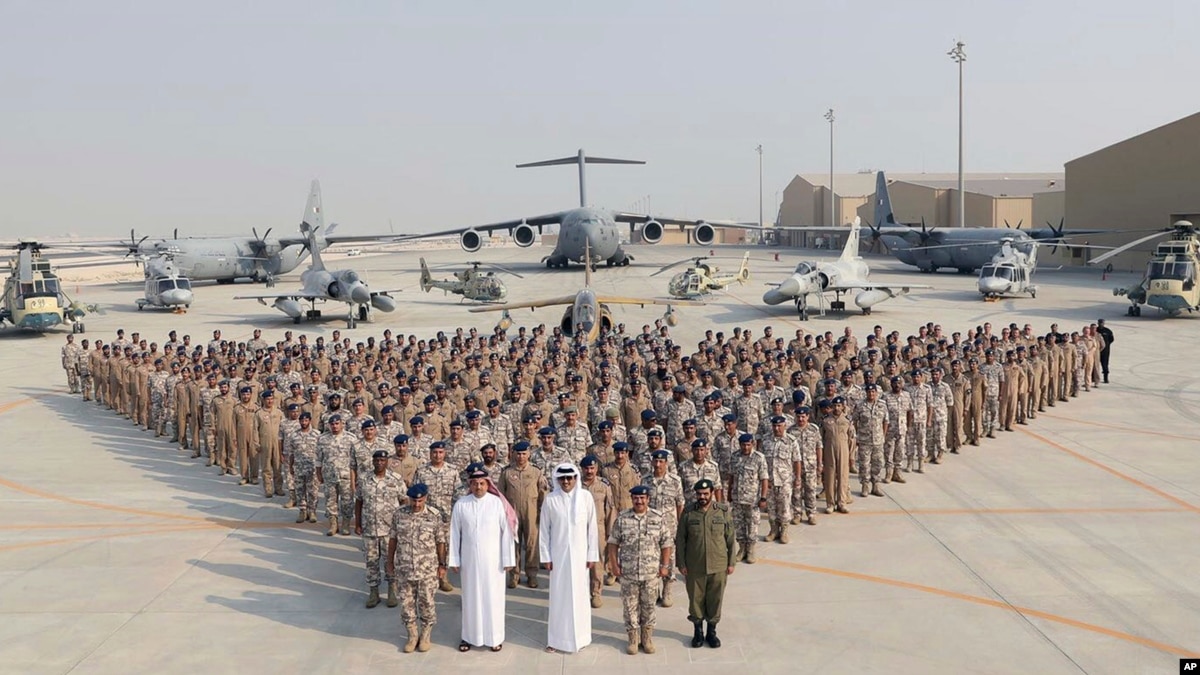
Qatar will expand two air bases including Udeid, which hosts the largest U.S. military facility in the Middle East, a senior military official said on Monday amid a year-long dispute between the tiny Gulf Arab state and its neighbors.
The development will help accommodate new aircrafts and systems introduced to the air force service including French Rafale fighter jets, American F-15 fighter jets and Eurofighter Typhoon jets, Deputy Commander of the Amiri Air Force Major-General (Pilot) Ahmed Ibrahim Al Malki said in comments published by the official state news agency QNA.
The other development will take place at Doha Air Base. Malki did not provide details about the projects' expected cost or timeframe.
Saudi Arabia, the United Arab Emirates, Bahrain and Egypt cut diplomatic, trade and transport ties with Qatar in June 2017, accusing it of supporting terrorism. Doha denies that charge and says the boycott is an attempt to impinge on its sovereignty.
Doha has used the wealth it has accumulated as the world's biggest exporter of liquefied natural gas to defy some of the largest and wealthiest Arab countries. It has repeatedly called for dialogue with its neighbors, although it has strengthened its military as relations with them have deteriorated.
Last December, Qatar entered into a 5 billion pound ($6.38 billion) contract with British defence group BAE Systems for the purchase of 24 Typhoon combat aircraft and a $6.2 billion deal with Boeing Co for 36 F-15 aircraft. It also agreed to buy 12 additional Dassault Aviation-made Rafale fighters with an option for 36 more.
The Gulf dispute has eluded mediation efforts by the United States, which has military bases in both Qatar and some of the countries lined up against it — including Udeid, from which U.S.-led coalition aircraft stage sorties against Islamic State in Syria and Iraq.
Nonetheless, Qatari forces participated in joint military exercises in Saudi Arabia in April in an apparent sign of some compromise between the adversaries.
U.S. President Donald Trump publicly sided with the Saudis and Emiratis early in the crisis but then began pushing for a resolution to restore Gulf unity and maintain a united front against Iran.
No comments:
Post a Comment